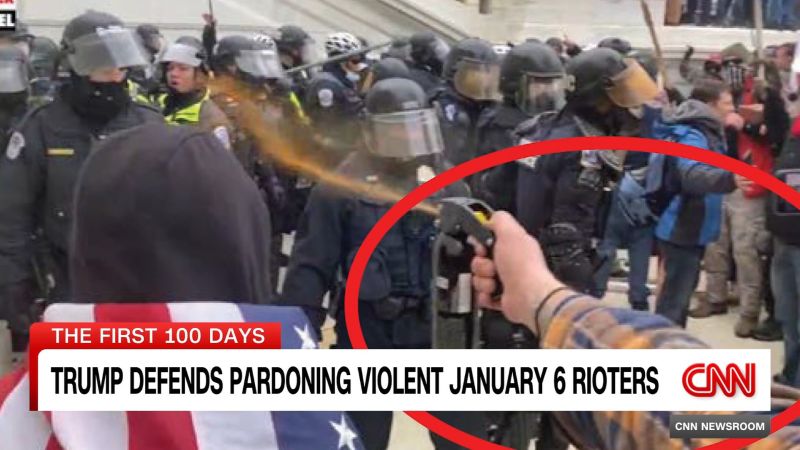Gavel of Justice: Judges Slam Trump's 'Poor Loser' Rhetoric in Jan 6 Sentencing Fallout

In a dramatic clash of judicial perspectives, federal judges in Washington, DC are delivering a scathing response to President Donald Trump's widespread clemency for January 6th rioters. These judges, who have presided over hundreds of cases stemming from the Capitol insurrection, are refusing to remain silent about the pardons.
With uncharacteristic bluntness, the judicial officials are characterizing the newly pardoned individuals as "poor losers" and are emphatically reminding the public of the shocking violence that unfolded during the attack. Their statements vividly recall the harrowing details of that day—describing the scene as marked by "blood, feces, and terror" that shocked the nation.
The judges' pushback represents a rare and pointed critique of presidential pardons, highlighting the deep judicial frustration with the aftermath of the January 6th events. Their commentary underscores the profound impact of the Capitol riot and challenges the narrative surrounding the mass clemency efforts.
By speaking out, these federal judges are sending a powerful message about accountability, justice, and the sanctity of democratic institutions in the face of unprecedented political upheaval.

